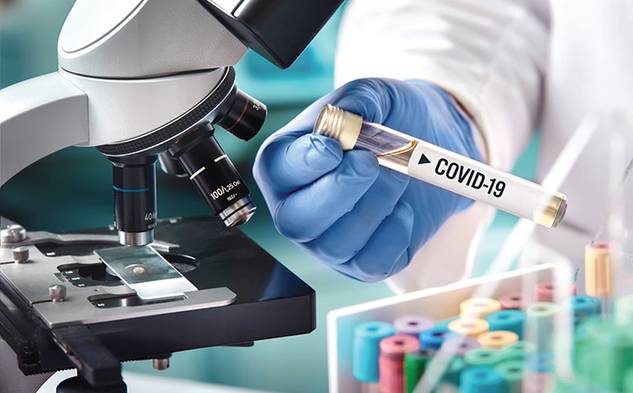
President Akufo-Addo has debunked allegations that COVID-19 funds have been misappropriated.
The Auditor General’s special report on Ghana’s COVID 19 expenditure has revealed that the Ministry of Health paid over 10 million cedis in insurance premiums to cover 10,000 frontline health workers and allied health professionals without a life insurance policy document.
The report which spans between March 2020 and June 2022 scrutinizes how monies received from the various institution including World Bank, AFDB, EU and the contingency fund summing up to the tune of 21.8 billion were utilized.
But addressing Parliament on the State of the Nation on Wednesday March 8, 2023, President Akufo-Addo indicated that his administration ordered for an audit of the COVID-19 funds.
“Mr. Speaker, it was Government that asked for the COVID funds to be audited, and I can assure this House that nothing dishonourable was done with the COVID funds. The responses from the Ministers for Health and Finance, on January 23 and 25, 2023, respectively, have sufficiently laid to rest the queries from the Auditor General’s report, and I believe any objective scrutiny of these statements from the Health and Finance Ministries would justify this conclusion.
“We provided five hundred and eighteen million cedis (GH¢518 million) of grants and loans to micro, small and medium-scale enterprises (MSMEs) through the NBSSI, now the Ghana Enterprise Agency, in which three hundred and two thousand, five hundred and fifteen (302,515) enterprises benefitted, of which sixty percent (60%) were women-owned. These were MSMEs that were in distress as a result of the pandemic. For some traders, the receipt of one thousand cedis (GH¢1,000) made the difference between the ruin of the household and survival,” President Akufo-Addo stated.
He continued: “In addition, fifty-eight thousand and forty-one (58,041) health workers were employed to supplement the existing health sector workforce. Subsequently, all of them have been absorbed as permanent workers in the health sector. Frontline health workers were also granted fifty percent (50%) tax relief for the period. Was that something to regret?
“We should be forever grateful for the work that so many people did to keep all of us safe. All households enjoyed free water supply and huge discounts on electricity bills, because access to water was a necessity to ensure people adhered to hygiene practices, and access to electricity was important as everybody was encouraged to stay at home. It also provided an economic cushion to protect lives and livelihoods at a time of difficulty. Today, the government support for utility bills is being projected by some as a waste or to use that word, so beloved of some commentators, profligate.”




